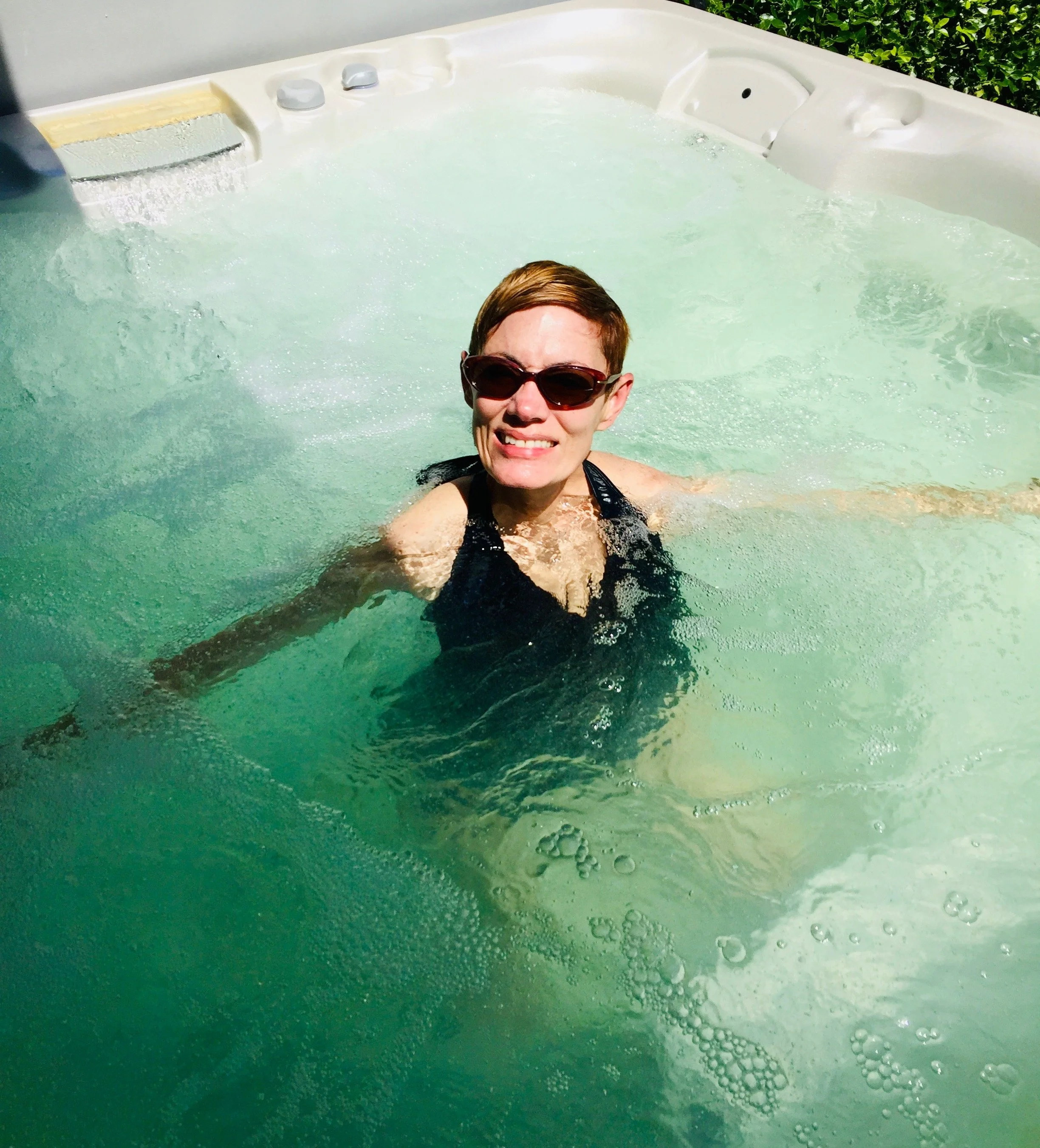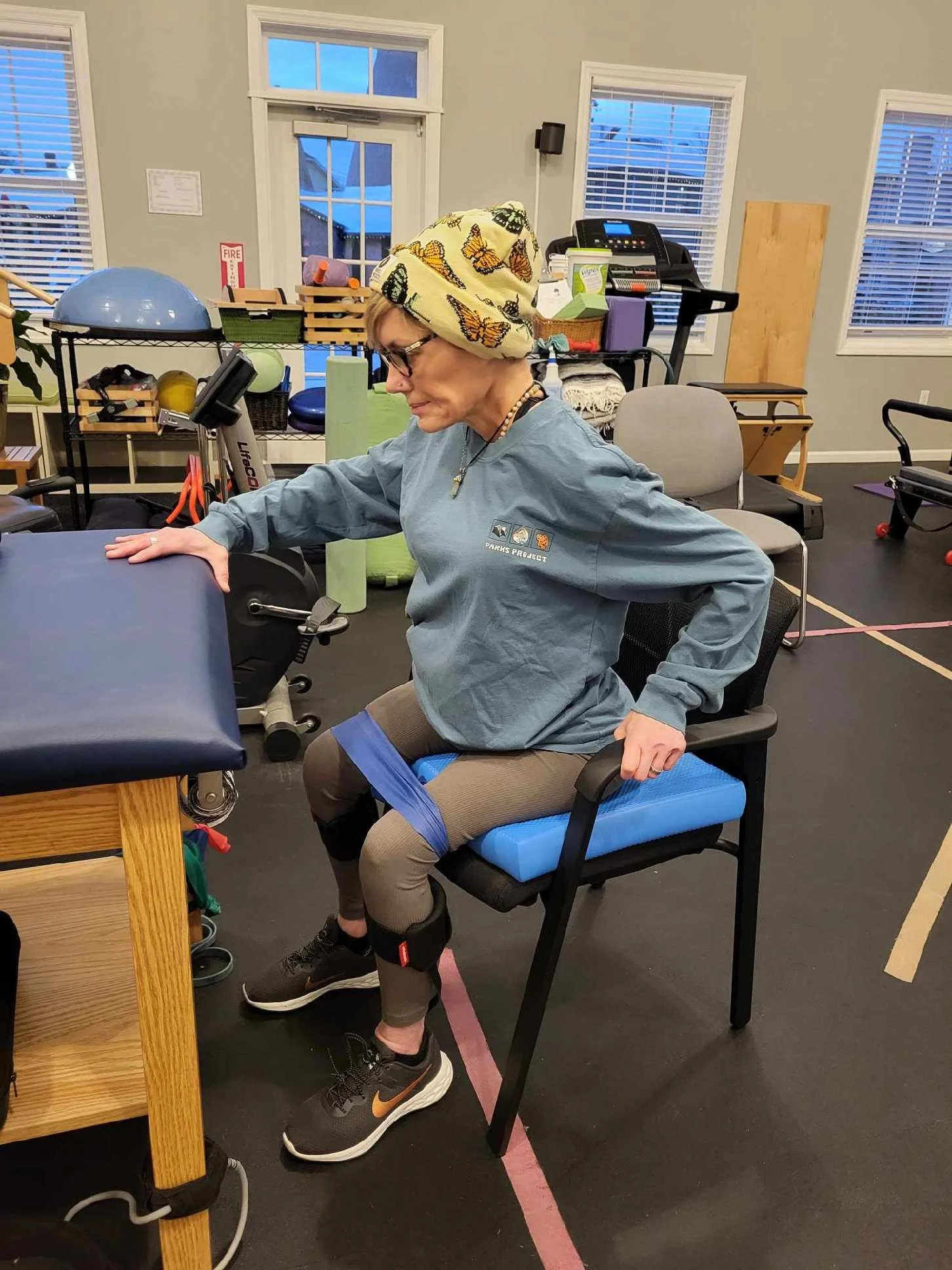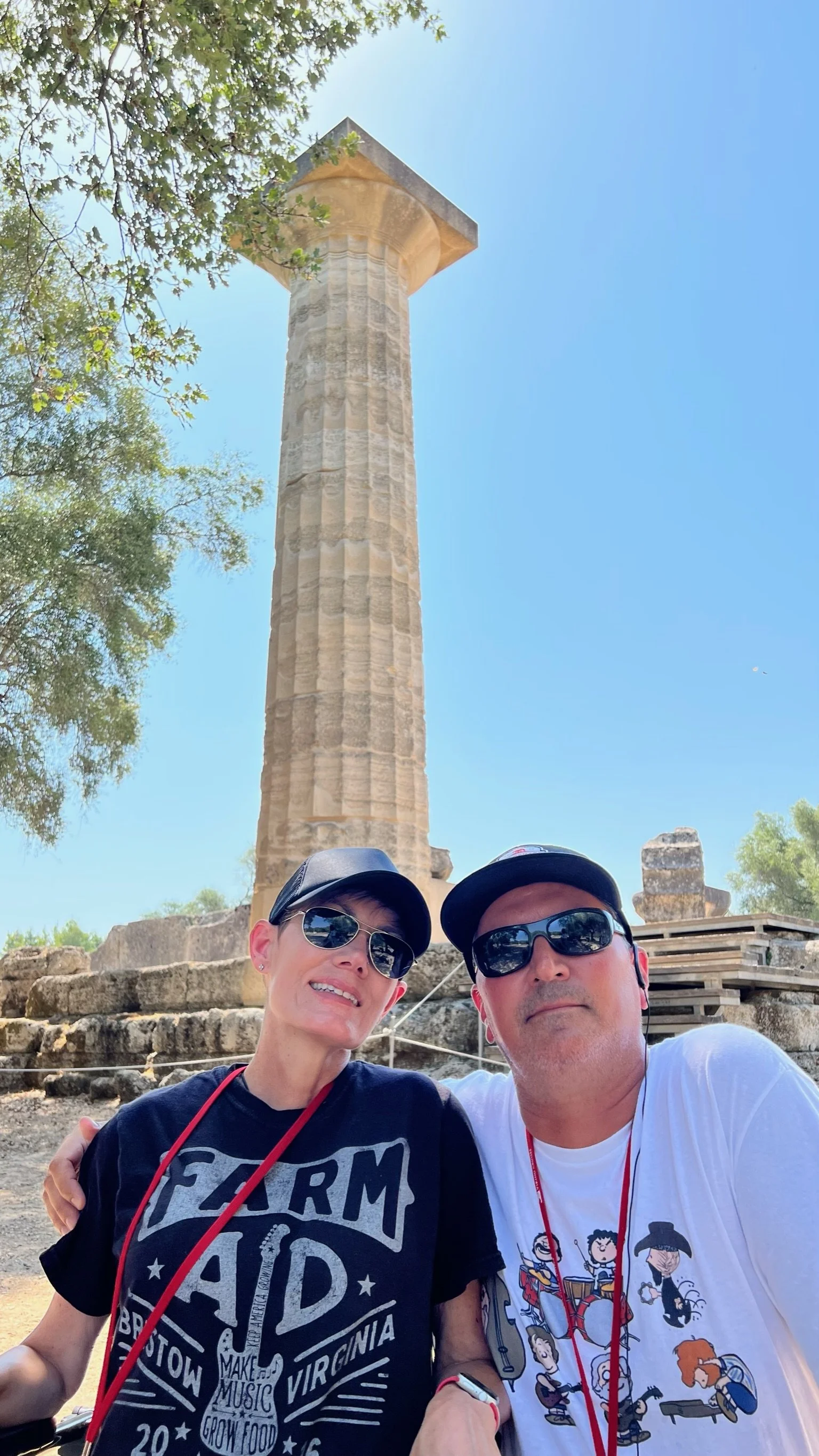Empowering Independence: How Physical Therapy Keeps You Moving
Fact: Your body was built to move! The ability to move means independence. It means taking charge of your life and doing what you want to do. Here at A Life in Balance Wellness Center, we help clients with all kinds of injuries and conditions improve their ability to move and stay independent, regardless of the challenges they're facing. Some of our incredible patients have rare, chronic conditions like FSH Muscular Dystrophy or "FSHD" that can degrade muscle tissue, making it hard to keep moving. FSHD is a rare, genetic, degenerative muscle disease that affects approximately 4 to 10 people out of 100,000 people. Although this condition has no cure (yet), there is good news! Taking proactive steps through holistic physical therapy can significantly improve patients' ability to keep moving and boost their quality of life.
Physical Therapy Improves Mobility for Patients with FSHD
This fact is not lost on our inspiring and determined client Christine, who has been moving against FSH Muscular Dystrophy since she was 13 years old. Like so many of our clients, Christine has shown us how to take a difficult situation and turn it into something positive, which is exactly why we want to start the year off by featuring her amazing story about how she keeps moving.
Researchers are still working to find a cure for FSHD, but until then, numerous scientific studies have demonstrated that physical therapy exercises and strength training can help patients successfully manage symptoms, boost muscle function, improve patients’ ability to engage in daily activities, and prolong their independence over the years. Christine has vigorously engaged in a holistic physical therapy program with us here at ALIB for all of those reasons, and she can see the results.
“FSHD brought me to ALIB and being there has helped me both physically and mentally, which is everything,” says Christine. “My favorite exercise is Pilates, and I’m still working on breathing exercises. Since I have a degenerative muscle disease, the primary goal is to maintain the muscle strength I do have and keep fatigue at a minimum.”
Physical Therapy Provides Long-Term Support to Slow Degenerative Conditions
As we mentioned, Christine was diagnosed with FSHD at the age of 13, which is fairly typical of those struggling with it. Although this genetic disorder can show symptoms as early as infancy, symptoms typically start somewhere between adolescence and age 30. Patients with FSHD can have symptoms ranging from weakness in facial muscles and the muscles holding shoulder blades in place to arm and leg weakness. Lordosis or “swayback”—an abnormally increased curvature of the spine toward the front of the body—is also a common symptom and one that Christine has faced personally.
“I was fortunate enough to have many years without severe symptoms, but as I aged that changed,” explains Christine. “I have lordosis, and weakness in my legs, arms, and shoulders, which can cause stiffness and fatigue.”
Here at ALIB, we’ve been working with Christine for a long time to target each of these areas, starting with her core, to help her maintain strength, balance, mobility, and a good daily comfort level. Pilates exercises have been especially helpful for her as they bolster her core strength, which helps manage the disease. In addition, improved core strength is central to every other aspect of her ability to keep moving in all of those other areas.
“ALIB uses a holistic approach to health and well-being to help increase mobility, lessen pain, and improve the everyday quality of life for their patients,” says Christine. “I have been lucky enough to work with Dr. Paula (for Physical Therapy) and Sarah (for Occupational Therapy) for quite some time. I have also enjoyed working with former ALIB-er Meg (transitional PT) plus Aurora (Physical Therapy). The staff are all amazing. I am an ALIB lifer!”
A Functional Movement Challenge for All: Sit-to-Stand
And as an ALIB lifer, Christine joins us in encouraging everyone to jump into our new, monthly Functional Movement Challenge! Every month, we will announce an adjustable movement challenge (based on your current physical abilities). The goal is to see how many of these movements you can do in 30 seconds each day. Get ready for this month’s challenge:
How many times can you get up and down from a chair in 30 seconds? If that’s too easy, how many squats can you do in 30 seconds? For our athletes out there, how many single-leg squats can you do in 30 seconds?
To join our friendly competition, let us know on social media (we’re on Facebook and Instagram) how you’re doing. Share your stories and pictures with us and strengthen your body at the same time! We are planning to throw in some opportunities to win free services and goodies too, so let us know how you're doing with this challenge!
Christine is also joining us for the challenge: “Working on sit-to-stands helps me keep the muscles needed to perform the action as strongly as possible, which in turn helps me to maintain a level of independence for as long as possible.”
Keep Moving with Holistic Physical Therapy
Whether you’re trying to overcome an injury or manage a long-term condition, all of us at A Life in Balance Wellness Center in Flemington, NJ are eager to help you keep moving comfortably! Let us know how your sit-to-stand challenge is going, and schedule an appointment if you have any health goals we can help you achieve this year!




